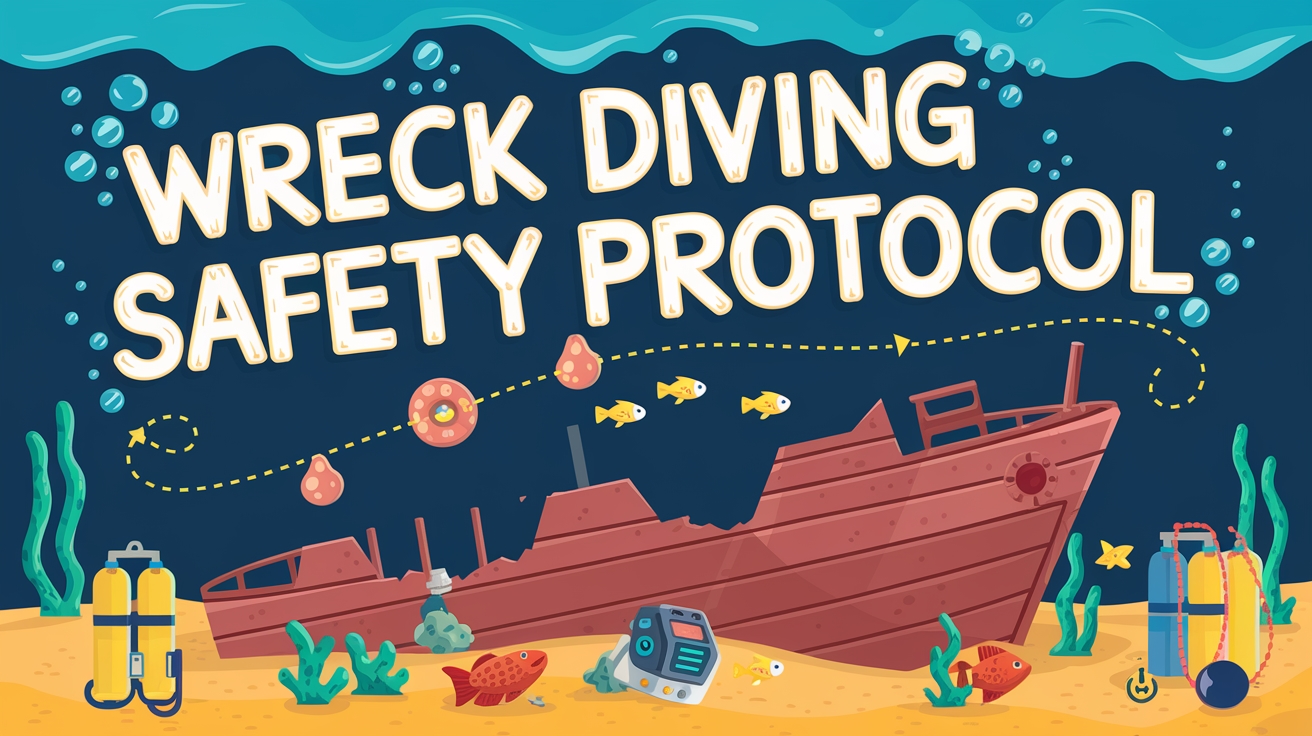Author: Thomas
-

Best Scuba Dive Flashlights
Wondering which underwater torch will illuminate the depths without failing? Discover our tested picks for reliability and brightness.
-

Best Place to Scuba Dive in Dominican Republic
The Dominican Republic’s premier scuba snorkeling destinations include Bayahibe, Catalina Island, Saona Island, and La Caleta Marine Park. Bayahibe features extensive coral gardens with steep drop-offs, while Catalina Island showcases vibrant coral formations and schools of tropical fish. Water visibility frequently exceeds 100 feet, with temperatures ranging from 75-85°F year-round. Local guides are mandatory for…
-

Why Should Divers Choose Back Roll Entries?
When it comes to entering the water during an immersion, the back roll technique stands out as a preferred method among experienced divers and instructors alike. This methodical approach combines safety, efficiency, and equipment protection in one fluid motion, making it particularly valuable for boat-based diving operations. While various entry techniques exist, the back roll…
-

Mistakes When Doing Backward Roll Entries in Scuba Diving
Mastering the backward roll entry demands precision, control, and a deep understanding of body mechanics. In spite of its fundamental nature in gymnastics and martial arts, practitioners often encounter several critical errors that can compromise both performance and safety. From misaligned hand positions to inadequate core engagement, these common mistakes not only hinder progression but…
-

Wreck Diving Safety Protocol
Avoiding tragic underwater disasters requires essential wreck diving safety measures that even veterans forget.
-

Diving Equipment Leak Testing Steps
Underwater safety hinges on leak testing, but the critical steps most divers overlook could mean life or death.
-

Best Places to Scuba Dive in Central America
Central America offers world-class diving destinations along both Caribbean and Pacific coastlines. Top sites include Roatan’s extensive coral ecosystem with 80-100 foot visibility, Belize’s Great Blue Hole reaching depths of 407 feet, and Costa Rica’s Cocos Island known for pelagic encounters. Year-round water temperatures of 80-82°F (27-28°C) provide ideal conditions for exploration. Advanced certification allows…
-

What To Do When Your Dive Buddy Disappears?
Losing contact with your dive buddy underwater represents one of the most unsettling scenarios in recreational diving. While thorough pre-dive planning and adherence to buddy system protocols significantly reduce the risk of separation, even experienced divers can find themselves in this situation. The vital moments following a buddy’s disappearance demand clear thinking and systematic action,…
-

Best Places to Scuba Dive in Puerto Rico
Puerto Rico’s premier snorkeling destinations include La Parguera Wall, Candado Cave, and Aguadilla’s Black Wall Drop. These sites feature dramatic underwater formations, vibrant coral ecosystems, and diverse marine life including nurse sharks, eagle rays, and sea turtles. Year-round 80°F water temperatures and excellent visibility create ideal conditions for both novice and experienced snorkelers. Each location…
-

BCD Bladder Cleaning Step Guide
Never skip these essential BCD bladder cleaning steps if you want to extend your gear’s life and prevent costly replacements.